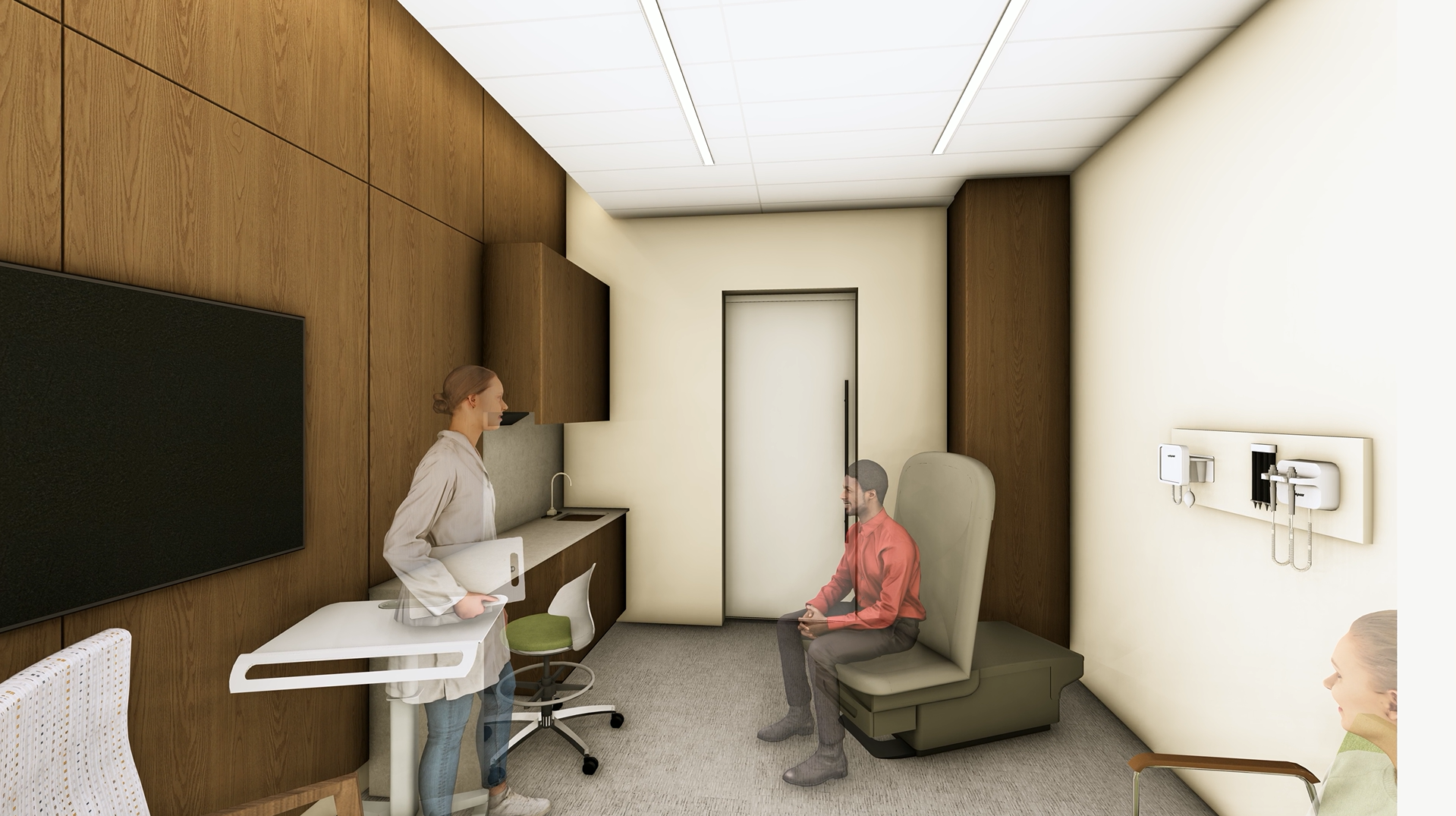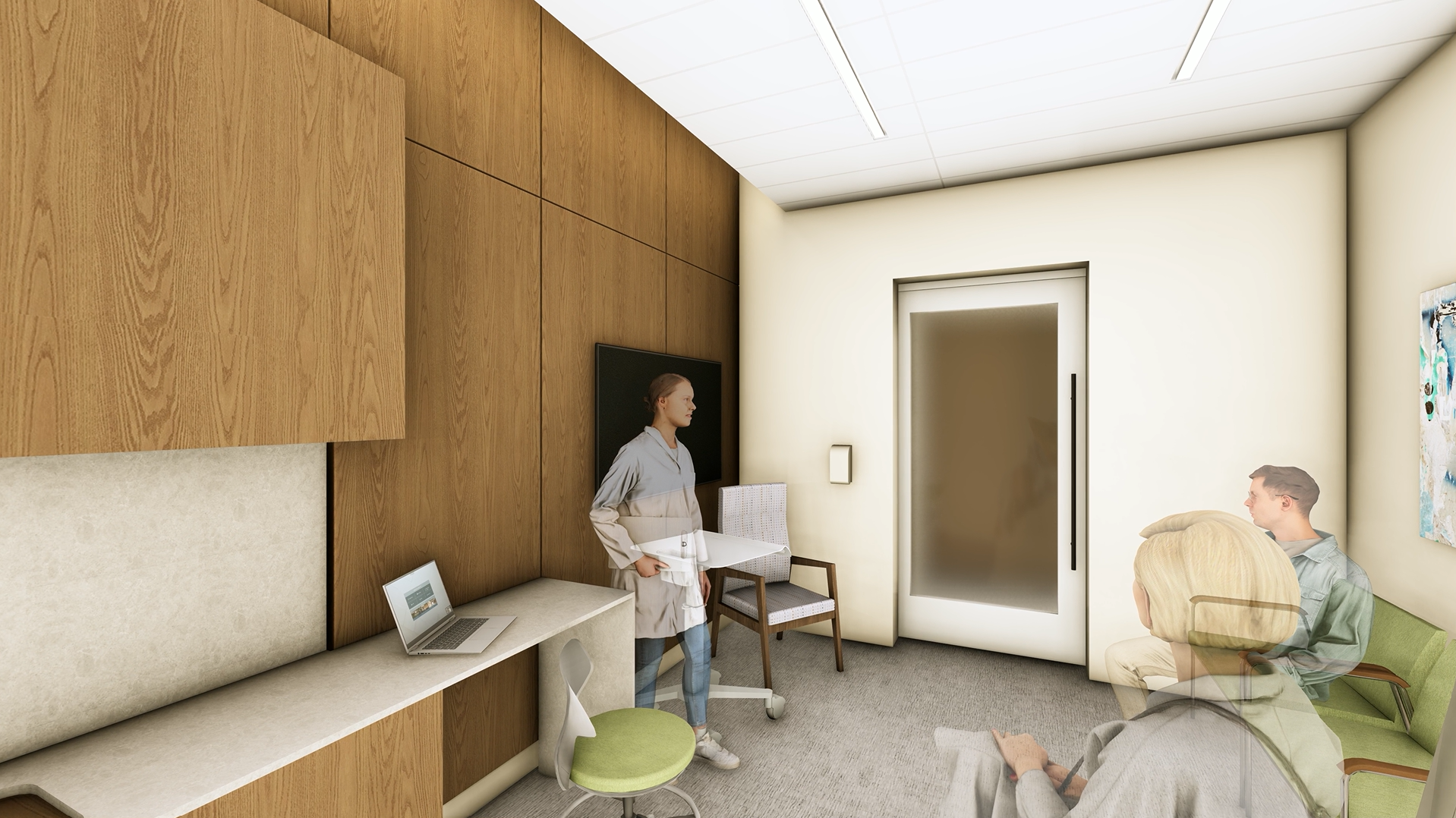Become a Standardized Patient
Alice L. Walton School of Medicine (AWSOM) is seeking standardized patients committed to playing an essential role in the education of future physicians.

What is a Standardized Patient?
A Standardized Patient (SP) is an individual trained to portray a clinical patient accurately in a simulated medical visit.
Who can apply?
We are seeking individuals from all walks of life to bring their experiences to a medical simulation with an AWSOM student doctor. No previous medical health knowledge or acting experience is needed. Each SP will be thoroughly trained.
What are the minimum qualifications?
- Flexible schedule and available during weekdays for part-time work (under 20 hours/week)
- Punctuality and access to reliable transportation
- Excellent communication skills

Apply to Become a Standardized Patient
We appreciate your interest in supporting medical education through the AWSOM Standardized Patient Program.
For questions and additional information: StandardizedPatients@alwmed.org
Frequently Asked Questions
Will AWSOM medical students know that SPs aren’t real patients?
Yes, students will be informed about standardized patients prior to participating in training; however, one of the goals of the Standardized Patient Program is to suspend disbelief and immerse students in authentic, real-world scenarios so students can focus on developing their clinical skills as though they were meeting with a real patient.
Do I need to know a lot about medicine?
No, you do not need any prior medical knowledge to participate in our SP Program. Our standardized patients undergo thorough training; we will teach you the skills and knowledge necessary to effectively portray each case.
Do I need to have previous acting experience?
No. While acting skills can be helpful, you will be trained on how to portray the specific details of each case and coached in creating and presenting a consistent affect with your fellow SPs.
How do standardized patients know what to say to the medical students?
You will be thoroughly coached and prepared to respond to medical students’ various questions and requests from the perspective of the patient you are portraying, including medical and social histories, emotional state, physicality, and other personal information determined during the standardization portion of case-specific training.

